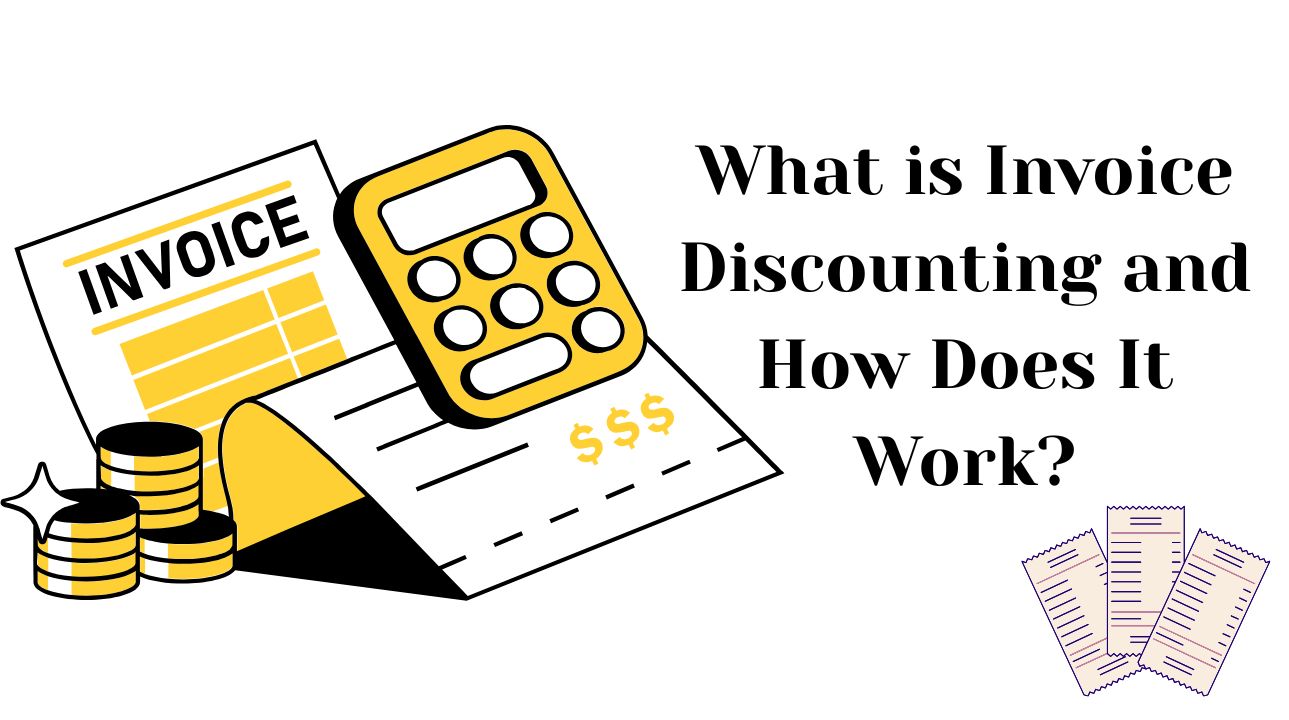Vendor finance lets sellers help buyers pay for big items over time. Think of it as a shop letting customers spread the cost without using banks. The seller becomes like a bank but with less red tape.
This way of buying helps when banks say no to loans. Sellers often say yes more than banks since they want to make sales. Both sides win as deals happen faster without waiting for bank checks.
Many UK firms use this to buy trucks, tools, or even whole companies. The seller knows their goods well and trusts they’ll keep their value. This means better terms for buyers than they’d get elsewhere.
| Feature | Details | Range |
| Loan Amount | Funds offered based on creditworthiness | £500 – £25,000 |
| APR (Annual Rate) | Higher for bad credit loans | 39.9% – 1,299% |
| Repayment Term | Flexible terms for repayments | 3 – 60 months |
| Eligibility | Bad credit accepted, income proof needed | UK resident, 18+ |
| Approval Speed | Quick decisions, often same-day | Varies by lender |
| Common Use Cases | Debt consolidation, emergencies, large purchases | Short-term financial relief |
Making Business Simple
Monthly payments feel lighter than paying all at once for big items. Sellers charge a bit extra for letting buyers pay over time. Yet this cost often beats what banks would charge in fees.
Each deal gets shaped to fit what both sides need and want. Payment plans can match when the buyer expects money to come in. This makes the whole deal work better for everyone.
UK Vendor Finance Today
UK sellers help buyers more now as banks get pickier about loans. From small tools to big machines, vendor finance fills the gap. Local firms find this works well for both sides.
More UK companies choose vendor finance to grow their business fast. The process takes days instead of weeks or months with regular banks. Quick decisions mean deals don’t slip away while waiting.
Vendor finance in the UK keeps growing as more firms see how well it works. Sellers get a steady income, while buyers get what they need to succeed. Everyone wins when deals flow smoothly without bank delays.
Ways Sellers Help Fund Deals
Taking a loan from a seller means paying back bit by bit with some extra. The seller acts like a bank but often with less harsh rules about credit. This helps many UK firms get the tools they need.
Some sellers want to own a piece of the buying firm instead of just cash. They become part owners and share in how well the business does later. This works well when both sides trust each other.
Mix and match deals use both loans and small ownership shares. This spreads the risk around and gives both sides what they want. Many UK deals now use this style as it fits most needs.
What Makes These Deals Work
Both sides can change the deal until it fits just right. Talk about paying monthly or every few months based on cash coming in. Some deals need less proof than banks ask for.
The seller takes some risk, too, which shows they trust their stuff works well. They might ask for less backup cash than banks do upfront. This helps buyers save some money for running their business.
When banks say no, these deals still help firms buy what they need. The seller knows their goods will help the buyer make money over time. This trust allows deals to happen even with less perfect credit.
Many UK sellers now offer deals that match what buyers can pay. The rules bend more than bank rules when both sides see good chances ahead. Less perfect credit scores matter less when sellers see real business skills.
Good Things for Buyers
New UK firms often find this easier than talking to big banks. Young companies with good plans but short track records get more chances. The seller sees the real business, not just paper scores.
Paying plans change to match when money comes into the business. Missing one payment doesn’t mean losing everything, like with some bank loans. Sellers work with buyers to keep things moving.
Start using new tools or stock while still having cash for daily needs. This helps firms grow faster than waiting to save up all the money first. Keep some savings while still getting what the business needs.
Getting started needs less cash upfront than many think. UK firms find these deals and let them grab chances when they show up. Growth comes faster when you don’t wait years to save up.
Checking All the Risks
Smart sellers look at how well the buyer’s business is doing now. Past bills and money coming in show if monthly payments will work out. This helps both sides feel sure about saying yes to the deal.
The items being sold need a fair price tag that makes sense. Checking what similar things sell for helps set the right price. Both sides win when the price matches what things are worth.
Getting help from money experts helps spot any hidden problems early. Tax rules and law checks need to be done before signing any papers. Small checks now stop big headaches later.
Finding Expert Help
Business finance brokers know lots of ways to make deals work better. These experts match sellers and buyers who fit well together. Their skills help both sides get what they want.
Good brokers save time by knowing who might say yes to deals. They speak plain English instead of using fancy money words. Working with brokers means deals happen faster.
These experts help sort out all the little details that matter. They know which papers need signing and when things should happen. Brokers keep deals moving along the right path to success.
Conclusion
Good deals start with clear rules that both sides can follow easily. Writing down all costs and dates helps stop problems before they start. Every part of the deal needs simple words that make sense.
Past money records show whether the deal will work well. Sellers check if buyers can keep up with payments each month. This stops both sides from getting into money trouble later.
Both sides need to know what happens if payments run late. Clear steps for fixing problems help keep the deal on track. Good planning means fewer worries as time goes by.

Gary Weaver is a Senior Content Writer with having an experience of more than 8 years. He has the expertise in covering various aspects of business market in the UK, especially of the lending firms. As being the senior member, he contributes a lot while working at TheBusinessFunds, a reputed business loan broker.
Gary performs the major role of guiding loan aspirants according to their financing needs and also to write research based blogs for the company’s website. Previously, he has worked with many reputed business firms and therefore, he knows every nook and cranny of business financing market of the country. Gary is a post-graduate with having a degree of Masters in English language. He has also done post-graduate diploma in Business and Finance.






